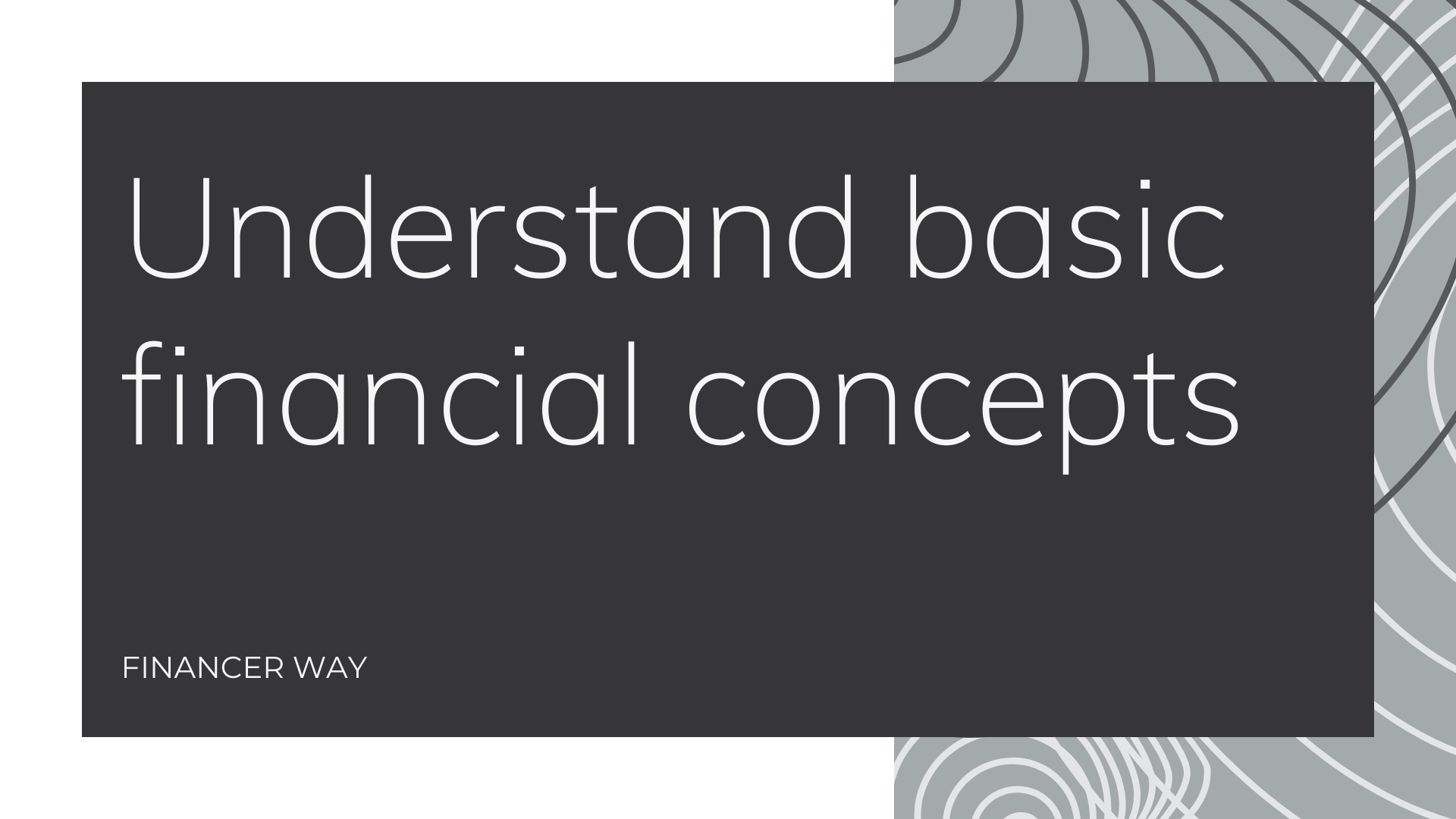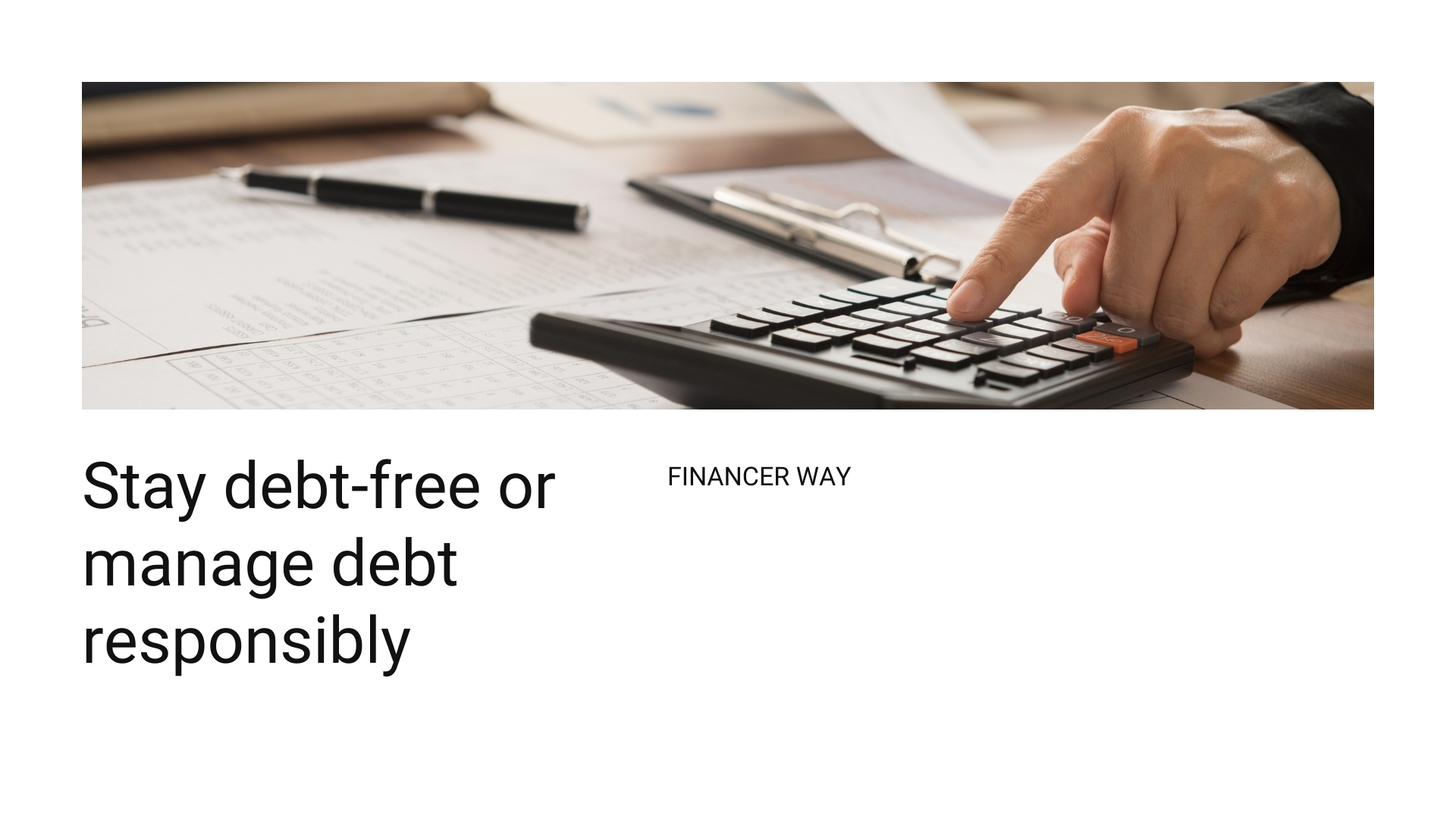Increase your financial literacy with these 10 proven strategies. Take control of your finances today!
Financial education is an important aspect when approaching the complex world of personal and business finances. However, many people lack the information necessary to make informed financial decisions. Whether you’re just starting your financial journey or looking to expand your existing knowledge, improving your financial literacy can have profound benefits for your financial well-being. In this comprehensive guide, we’ll explore ten effective strategies to increase your financial literacy and help you take control of your finances.
1. Get informed periodically

Continuous learning is essential to improve financial literacy. Take advantage of online resources, books, seminars, and workshops to expand your knowledge about personal finance, investing, budgeting, and other related topics. By taking the time to educate yourself regularly, you will stay up to date on the latest trends and strategies in the financial world.
2. Set clear financial goals

Setting clear and achievable financial goals is the key to managing your finances effectively. Whether saving for retirement, buying a home, or paying off debt, define your goals and make a plan to achieve them. To stay motivated and focused, break your goals into smaller goals and track your progress regularly.
3. Make a budget and stick to it

A budget is a powerful tool for managing your money and achieving your financial goals. Create a detailed budget that outlines your income, expenses, and savings goals. Track your spending regularly and make adjustments as necessary to ensure you’re living within your means and prioritizing your financial goals.
4. Understand basic financial concepts

To improve your financial knowledge, it is important to understand basic financial concepts such as compound interest, inflation, risk diversification, and asset allocation. Familiarize yourself with these concepts to make more informed decisions about how to save, invest, and manage your money effectively.
5. Build an emergency fund

Life is full of unexpected expenses, from medical emergencies to car repairs. Building an emergency fund can provide you with a financial safety net during difficult times. Try to save enough to cover three to six months of living expenses in a high-yield savings account or other liquid assets.
6. Invest wisely Financial Literacy

Investing can be an effective way to increase your wealth over time, but it must be done wisely. Learn about different investment options, such as stocks, bonds, mutual funds, and real estate. Consider seeking guidance from a financial advisor to develop an investment strategy that fits your financial goals and risk tolerance.
7. Stay debt-free or manage debt responsibly

Debt can be a major obstacle to achieving financial freedom. Try to manage your debt responsibly by paying off high-interest debts, such as credit card balances, as quickly as possible. Avoid taking on new debt unless it is necessary and fits into your overall financial plan.
8. Protect yourself and your property

Insurance plays an important role in protecting your financial well-being and assets. Make sure you have adequate insurance coverage for health, home, auto and life insurance. Review your policies periodically to ensure they meet your current needs and circumstances.
9. Retirement planning

It’s never too early to start planning for your retirement. Contribute regularly to retirement accounts such as 401(k), IRAs, or other retirement savings plans. Take advantage of employer-sponsored retirement plans and any matching contributions offered to maximize your retirement savings potential.
10. Seek professional guidance when necessary

If you are unsure about a financial decision or need help navigating a complex financial situation, don’t hesitate to seek professional guidance. Financial advisors, accountants, and estate planners can provide you with valuable information and assistance tailored to your specific needs and goals.
Conclusion
By implementing these ten strategies, you can increase your financial knowledge and take control of your financial future. Remember, improving your financial literacy is a journey that requires dedication, perseverance, and commitment to lifelong learning. Take the first step toward a brighter financial future today.
Frequently asked questions (FAQ)
1. What is Financial Literacy?
A. Financial literacy refers to the knowledge and understanding of various financial concepts and practices, including budgeting, saving, investing, and debt management.
2. Why is financial education important?
A. Financial education is very important as it allows people to make informed financial decisions, plan for the future and achieve their financial goals. Helps people avoid common financial crises and build a secure financial foundation.
3. How can I improve my financial knowledge?
A. You can increase your financial knowledge in several ways, including:
Educate yourself: Take advantage of books, online resources, seminars, and workshops to learn about personal finance topics.
Set financial goals: Define clear financial goals and make a plan to achieve them.
Budgeting: Create a budget that outlines your income, expenses, and savings goals.
Stay Informed: Stay up to date on basic financial concepts like compound interest, inflation, and asset allocation.
Seek professional guidance: Consult financial advisors or participate in financial education programs for personalized advice and support.
4. What are some basic financial concepts I should know?
A. Some basic financial concepts you should be familiar with include:
Compound Interest: The process in which interest is added to the principal amount and then interest begins to accrue on the interest itself.
Inflation: Rate at which the general price level of goods and services increases.
Risk diversification: spread your investments across different asset classes to reduce risk.
Asset Allocation: A strategy for balancing risk and reward by allocating your assets across different investment categories.
5. How can I protect myself financially and my assets?
A. To protect yourself financially and your property, consider the following steps:
Insurance Coverage – Make sure you have adequate health, home, auto and life insurance coverage.
Emergency Fund: Create an emergency fund to cover unexpected expenses and financial emergencies.
Estate Planning: Create a will and power of attorney to protect your assets and ensure your wishes are carried out.
Regular financial checks: Periodically review your financial situation and make necessary adjustments to stay in line with your financial goals.
Fraud Awareness: Stay alert for scams and financial fraud by regularly monitoring your accounts and protecting your personal information.
